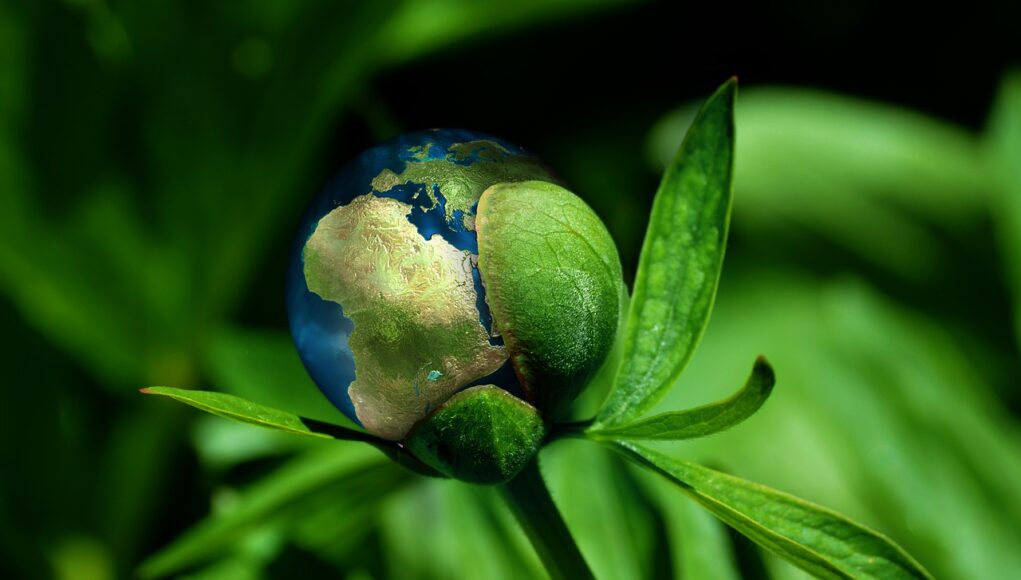Ayaz Khan
The weather app in my Android depicted it as ‘feels-like 41 Celsius’ on the temperature measuring scale. A degree enough, if exposed, to dehydrate you severely. Increasing thirst drove my throat dry with each spoken word. With no electricity supply, teaching becomes one of the complex phenomena.
Thanks to the perfect structure of The Citizen Foundation (TCF) Schools that make it windy, keeping the classes moderately hot in sweltering heat days. However ventilated and capacious the classes may be, perspiration remains unstoppable in such a temperature. Running out of patience munition, I had to request one of the students to fetch me a glass of water following a protracted discussion on abiotic elements that sustained life.
To my surprise, the student, after some minutes, returned with a bottle of water. I inquired him whether the school had no arrangement to provide drinkable water to the staff. He nodded his head in negative.
I was swinging between maladministration and climate change effects further. Despite my swinging, more perturbing was the irritating fact of being caught in a whirlpool of crucial questions asked by ‘learned’ science students. I was replacing my friend who taught biology and was out of the city. Now imagine, a journalist is disguising as a Biology teacher. Soon my fears subsided, and my frowning forehead turned into an ironed one once I could not get any answer when I posed the question to the class: what were abiotic elements? Though I asked one of them to bring me a glass of ‘water’ quickly after posing this question. The level of unknowingness among students and a ‘tyro’ teacher made a perfect combo.
Frankly, seeing the science students devoid of knowledge about human origin — thanks to my climate reporting and exposure to scientific research that I know little about science — pushed my latent anxiety to a higher stage. In grad 9 and 10, the Biology book starts with the first chapter detailing organization of organisms and biodiversity [indeed important chapters], not mentioning one bit of information regarding the origin of life on Earth. Perhaps the current Biology book attempts to churn out only doctors, lesser or not more than a wealthy human being.
A single chapter detailing human origin will do the magic. Most of the students I have come across, in a lightning flash, give you answer to the question of what (oxygen) sustains life on the Earth, but dither when asked from where the essential oxygen emerged on the Earth or, say, what started creating this indispensable gas on it.
To have a dedicated and researched chapter in Biology books — having succinctly and masterly gathered information — can be of immense benefit. It would help students grasp two concepts deeply. First, the origin and emergence of organisms, life initiating from oceans and then spreading over land, and evolution of the species. Second, the students can visualize a clearer image of what climate change is, and how important it had been in the development of organisms. And how human beings are sustaining or impacting climate.
The book The Earth Transformed, An Untold History, authored by Peter Frankopan, can be a single reference enough for curriculum developers. The author traces the origin of life and details how the Earth had to undergo various phases to reach its current state. As for as climate is concerned, his book is a masterpiece.
Creative education — learning and teaching both — has been going through its terminal phase in Pakistan. Given the current scenario, our all educational efforts appear to have been consumed in a way that only churns out as many doctors, engineers, businessmen, and what not.
For your better understanding, one wise man puts it this way: “God made humans the superior creature of all, intellect being the driving element. However, only the ones fall in this category [of superior creatures] who use their gifted intellect. In this way, there remain fewer superior creatures among us. Rest are the human beings only.”
Share your comments!





